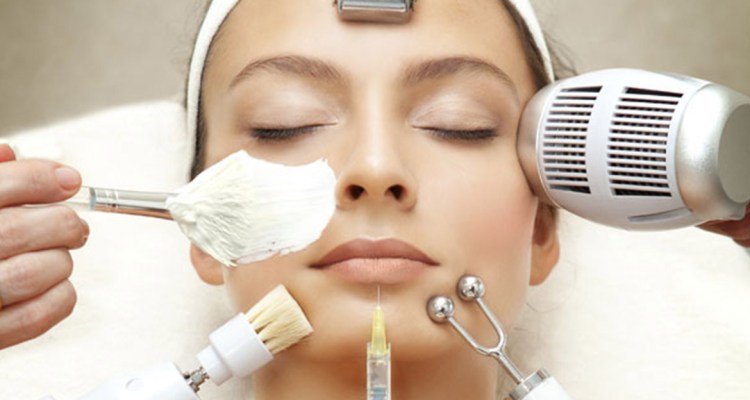
Dermatology
Dermatology involves but is not limited to study, research, and diagnosis of normal and disorders, diseases, cancers, cosmetic and ageing conditions of the skin, fat, hair, nails and oral and genital membranes, and the management of these by different investigations and therapies, including but not limited to dermatohistopathology, topical and systemic medications, dermatologic surgery and dermatologic cosmetic surgery, immunotherapy, phototherapy, laser therapy, radiotherapy and photodynamic therapy.
- Because exposure to UV light is the most preventable risk factor for all skin cancers, the American Academy of Dermatology encourages everyone to protect their skin from the sun’s harmful UV rays by seeking shade, wearing protective clothing and using a sunscreen with a Sun Protection Factor of 30 or higher.
- Skin cancer warning signs include changes in size, shape or color of a mole or other skin lesion, the appearance of a new growth on the skin, or a sore that doesn’t heal. If you notice any spots on your skin that are different from the others, or anything changing, itching or bleeding, the American Academy of Dermatology recommends that you make an appointment with a board-certified dermatologist.
- The American Academy of Dermatology encourages everyone to perform skin self-exams to check for signs of skin cancer and get a skin exam from a doctor. A dermatologist can make individual recommendations as to how often a person needs these exams based on risk factors, including skin type, history of sun exposure and family history.
- Skin cancer is the most common cancer in the United States.
Dept. Services
- Cosmetic Medicine
- Skin Cancer Evaluation
- Skin Disorders
Additional Resources
DERMATOLOGY

Huffpost
The Best Way To Treat Hormonal Acne, According To Dermatologist. Finding the right hormonal acne treatment could take some time.

Dermatology Times
MJH Life Sciences™ delivers direct access and engagement of professional audiences by providing multichannel sources.






